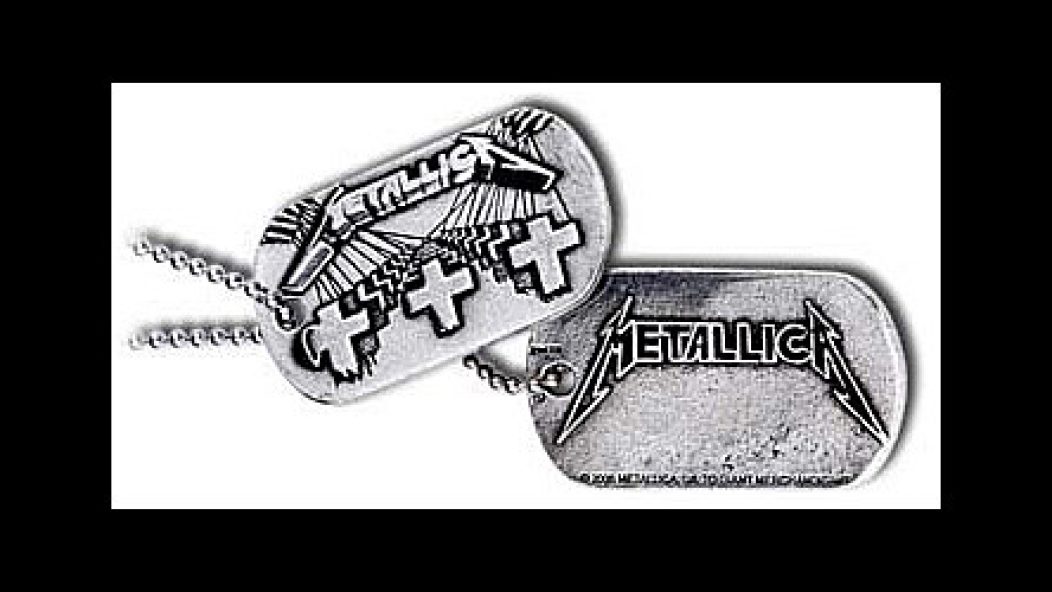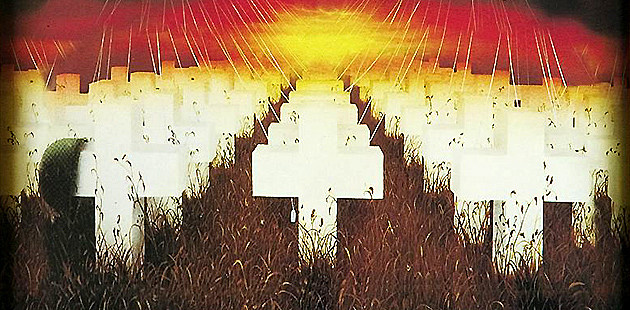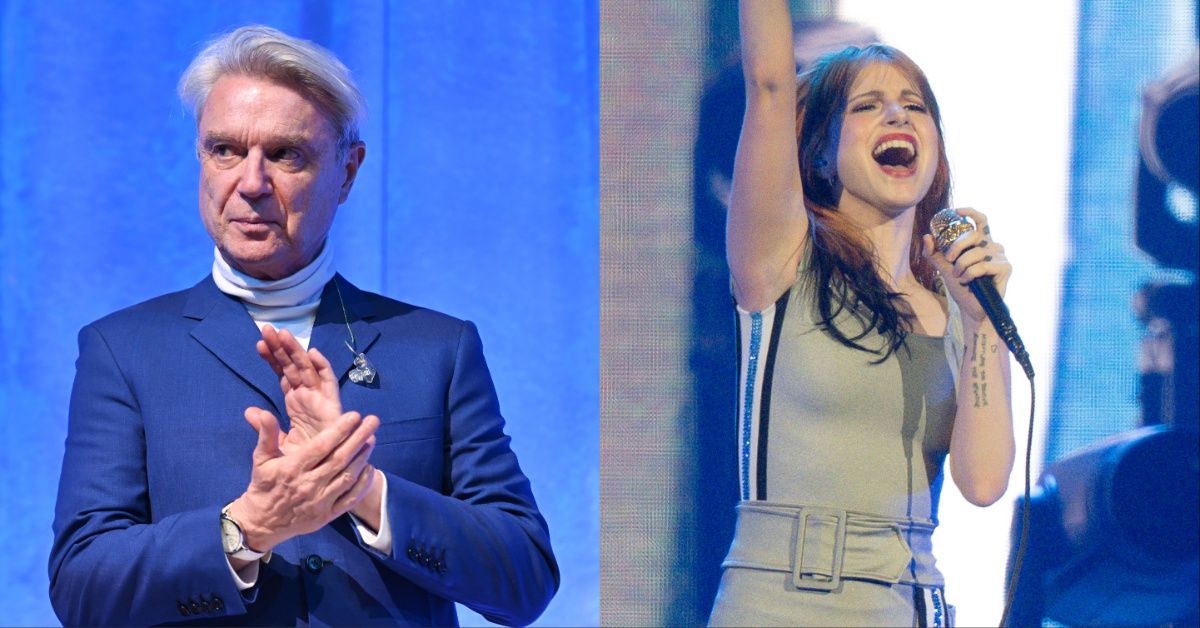
Metallica: The First Four Albums: "Disposable Heroes"
. . .
My modus operandi in this exercise has been brute force. Put a song on repeat, listen to it for hours, maybe days. What does the music tell me? What does it say that I haven’t heard before? What have people overlooked?
“Disposable Heroes” has been different, though. The more I listen to it, the more it disturbs me. I had to turn it off this morning; it got me so worked up, it interfered with work. As with the best metal, Master of Puppets is not background music. “Disposable Heroes” is a big reason why.
How it does so is time-honored: lyrics and music. For being tarred so often as merely aggressive, metal is the best music for portraying the horrors of war. Sonically, no other music is closer to war; it makes people “go there” in terms of intensity. Its lyricists don’t have to worry about offending consumer bases, so they can speak what they truly feel. Black Sabbath calls out “War Pigs”, Metallica takes the perspective of a gravely scarred veteran in “One”. Yes, metal has its nationalistic side, but what hits harder, Iced Earth waving the American flag or Metallica asking “Why am I dying”?
As America enfeebles itself through war, this song has never been more relevant.
It’s amazing that the young men of Metallica – they were around 23 years old then – channeled so well not just a general condemnation of war, but a specific aspect of it: commanding officer ordering soldier into battle. (Fear Factory captured this same energy in “Crisis”: “On your feet, soldier!”)
Why, am I dying?
Kill, have no fear
Lie, live off lying
Hell, hell is here
Four short lines not only sum up the push-and-pull between grunt and superior, they span those strings on the album’s cover – strings of life and death.
To frame this topic, Metallica used chromatics and dynamics. The song constantly ascends and descends; rarely does it sit still and catch a groove. See, for example, the descending chromatic melody at 0:53, the dropping away of Kirk Hammett’s figure at 2:17, the desperate ascension in his solo, the downward spiral of the “back to the front” choruses.
The most acute example is the pre-chorus: “Soldier boy, made of clay…” James Hetfield sings the first four lines in the same register. Then for the next two pairs of lines, he rises in pitch, ratcheting up the tension. The song is taut, relaxed in no way by the instrumental break. As Hetfield’s voice grows more urgent, what does it climb towards? The answer comes at 5:44: “I was born for dying”. All instruments cut out; one voice howls. It’s a moment of pure expression that transcends genre and even language. Master of Puppets is not background music.
. . .
“Disposable Heroes”
[audio: METALLICA_DISPOSABLE.mp3]
. . .
METALLICA: THE FIRST FOUR ALBUMS
“Welcome Home (Sanitarium)”
“The Thing That Should Not Be”
“Master of Puppets”
“Battery”
“The Call of Ktulu”
“Creeping Death”
“Escape”
“Trapped Under Ice”
“Fade to Black”
“For Whom the Bell Tolls”
“Ride the Lightning”
“Fight Fire With Fire”
“Metal Militia”
“Seek & Destroy”
“No Remorse”
“Phantom Lord”
“Whiplash”
“(Anesthesia) Pulling Teeth”
“Jump in the Fire”
“Motorbreath”
“The Four Horsemen”
“Hit the Lights”
. . .












